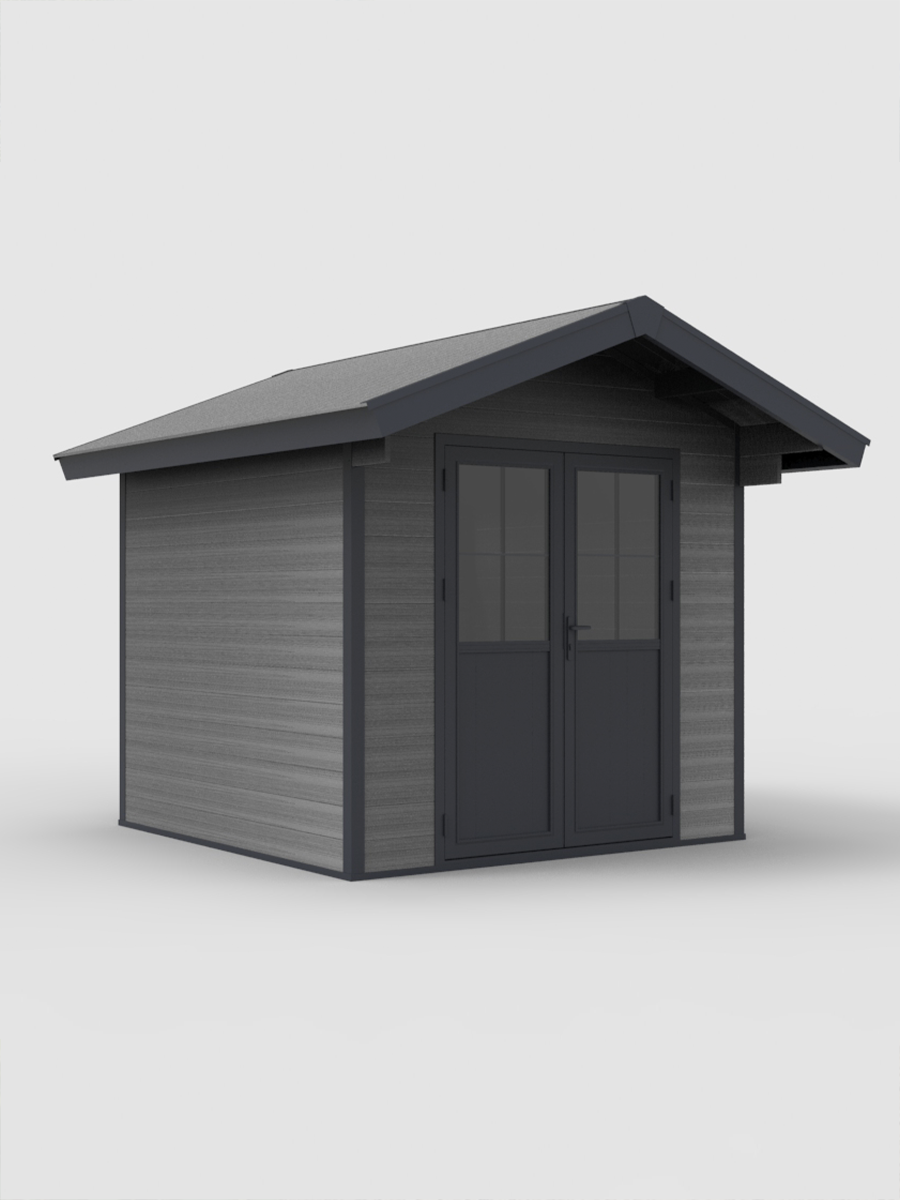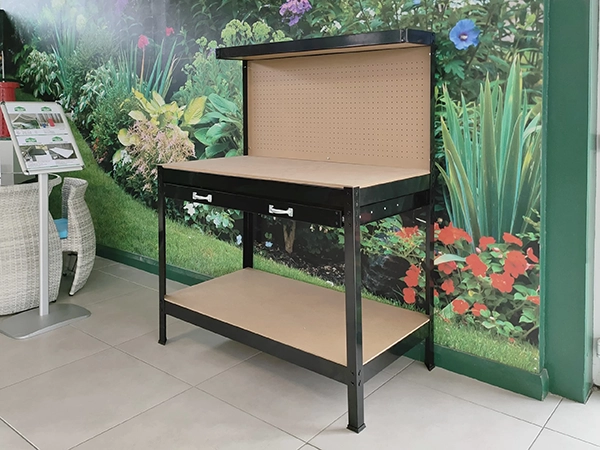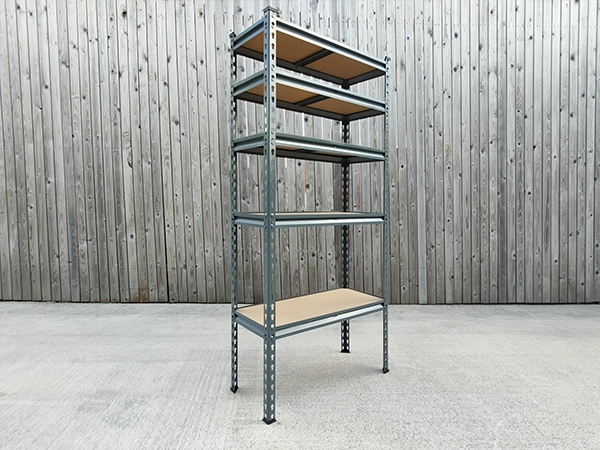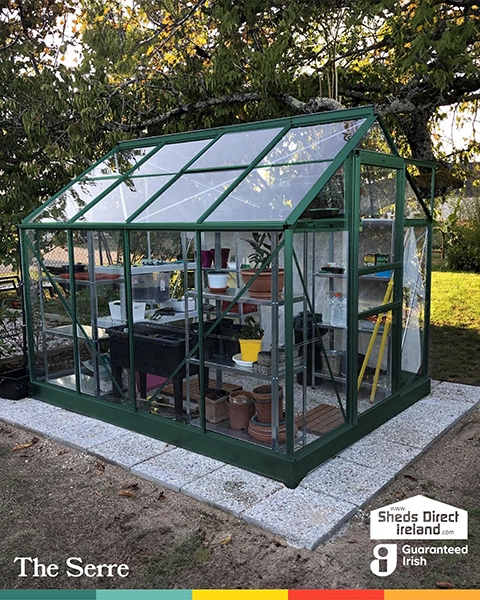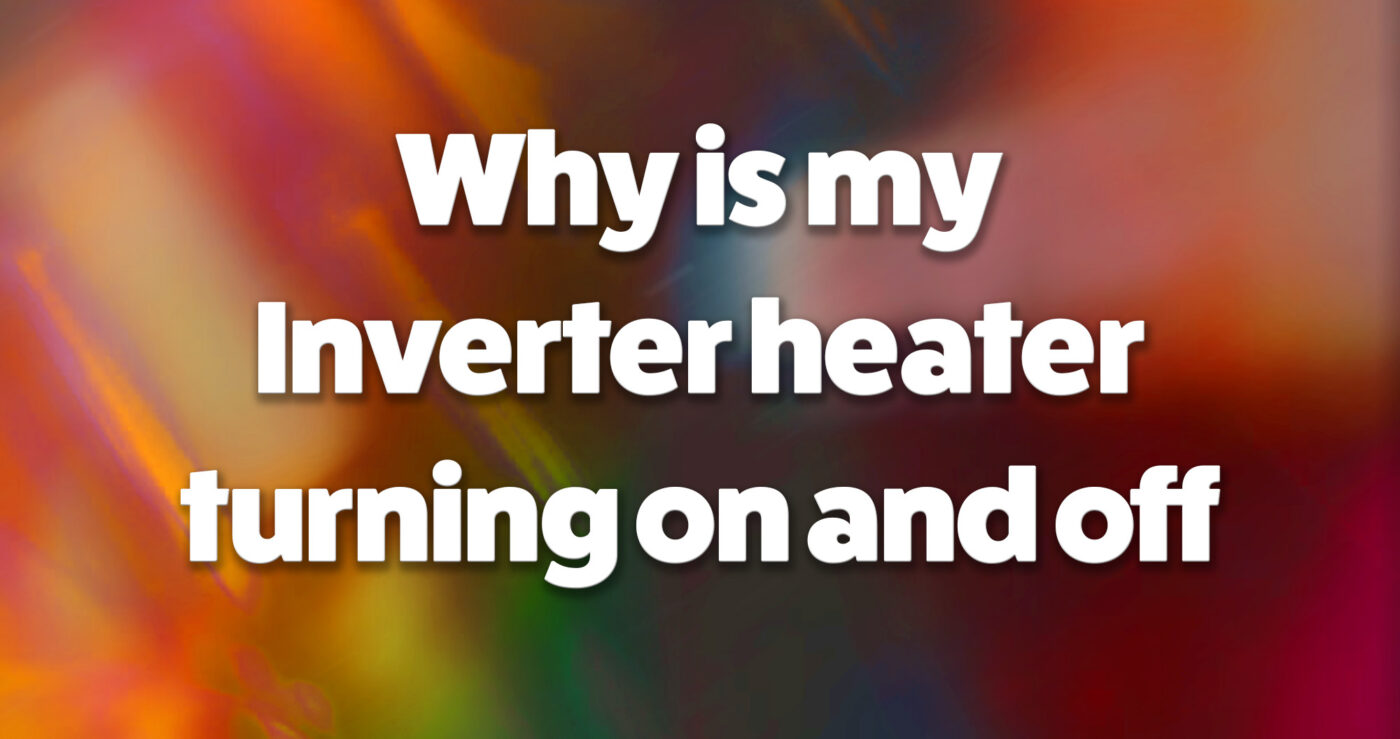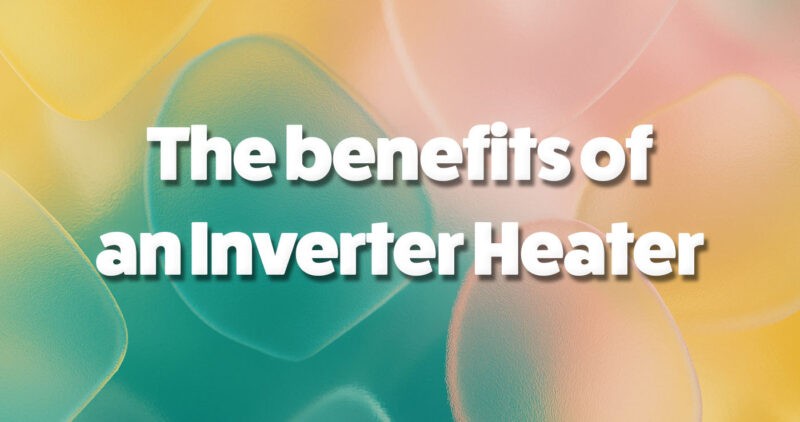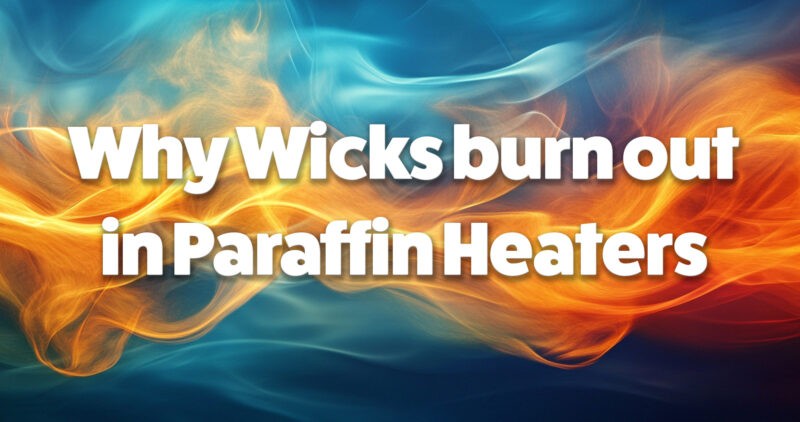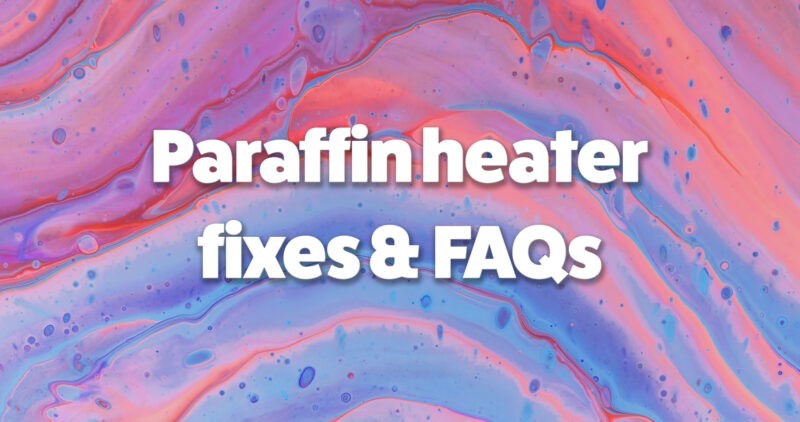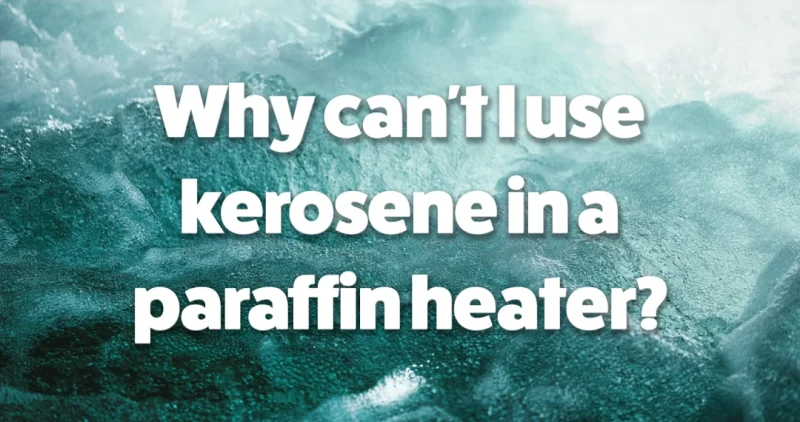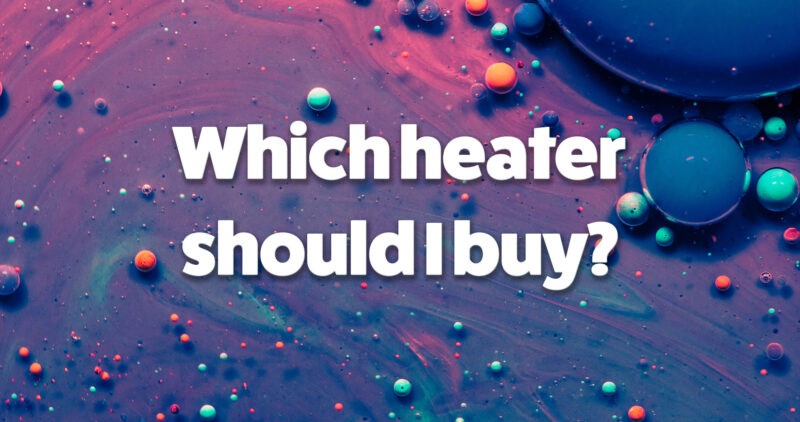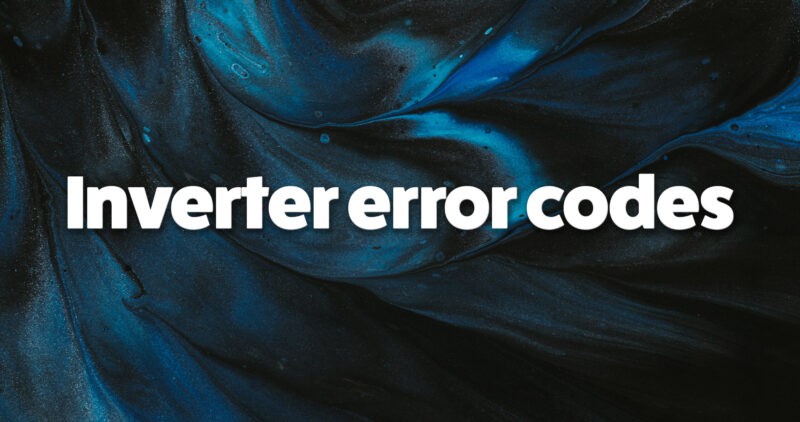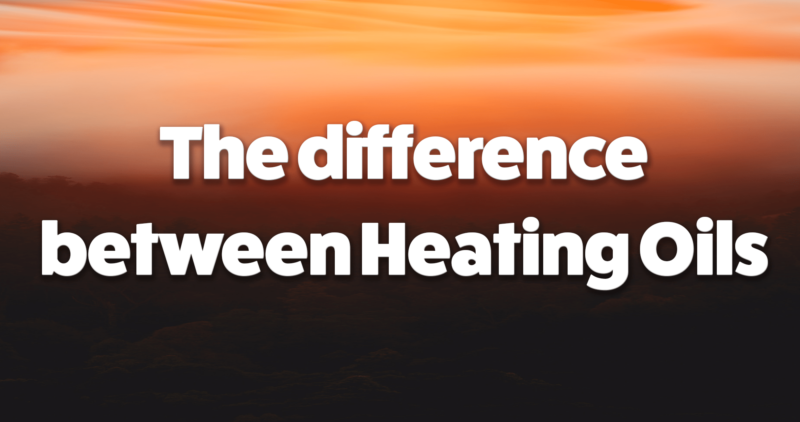If you’ve bought an Inverter Heater, chances are that you’re exceptionally happy with it. It’s cost-effecient, powerful and pretty easy-to-use. That said, you may be one of the people who ask ‘why does my inverter heater constantly turn on and off?’. If that’s the case, this is the blog for you. So, let’s get started.
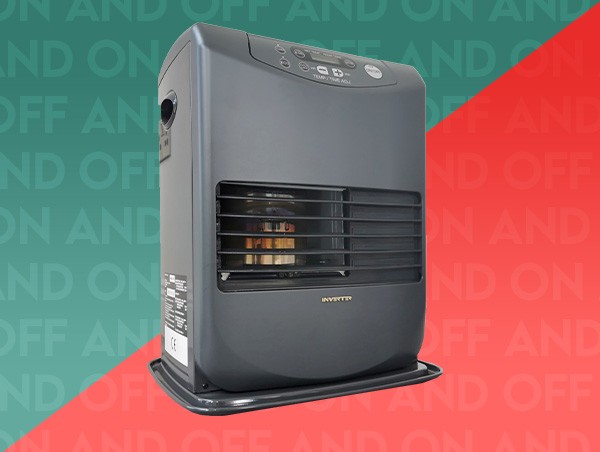
Eco-Mode
Your time is important, so let’s get straight to the most probable reason: Eco-mode.
Eco-Mode is a function of the Inverter Heater that’ll not only save you money, but which keeps you and your room at a comfortable temperature. In a nutshell, you turn eco-mode on, dial in the temperature that you want the room to be and when it gets to that temperature, the heater will effectively “turn off”. It doesn’t really turn off, it goes into an idle mode. Using it’s built-in thermometer, the Inverter will continue to monitor the heating in the room. If the temperature drops below what you’ve dialled in, it’ll kick back in and “turn on” again.
So some people think that the heater is constantly turning ‘on and off and on’ again, when in-fact, it’s doing exactly what they’ve programmed it to do! One way to quickly determine if Eco-mode is the culprit, is to read the digital display when it ‘turns off’. If there’s no error code (e.g. E4, E2 etc), it’s most likely the eco function that’s your issue.
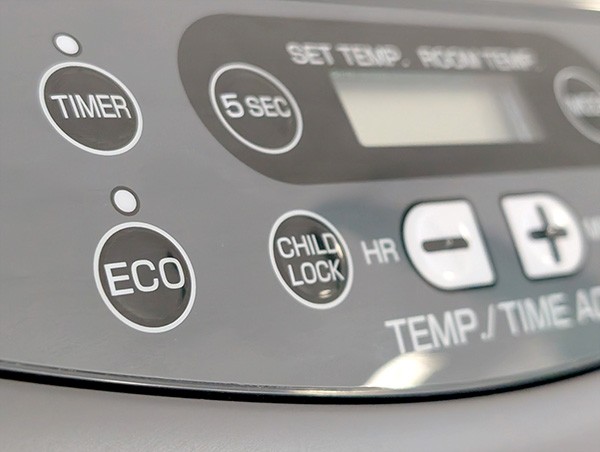
How do I stop it doing this?
The simple solutions to this are to either:
- Turn off eco mode. This will let the heater run continuously without interruption – but just be aware that this may overheat the room and use more fuel.
- Raise the temperature of the Eco mode. If you think the heater is turning off prematurely and you’re not as warm as expected, simply raise the temperature. The heater will still turn off when it reaches that temperature, but only when you’re comfortable – and it will take longer to do so.
Error Codes
I mentioned error codes earlier. If your heater isn’t turning off because of eco-mode, it should display an error code, which is the letter E followed by a number. You can read all about them in detail on our blog, helpfully titled ‘Inverter Error Codes’. The most common are E0 (contaminated or old fuel), E2 (water in fuel) and E4 (Dirty/incorrect Fuel). You can see how to treat all these and more in that blog, there.
Is there anything else it could be?
Honestly? Not really – it’s either a misunderstanding of how Eco-Mode works, or you should be getting an error code presented to you, at the very least. If your heater is turning on and off and it’s not those, get in touch with us. Ideally, send us a video, showing the heater doing it and photos of the plug, electrical connection and front of the machine. Just remember, if you’ve used kerosene in the machine, we won’t touch it (and that’s most likely the reason that it’s not working; the impurities in the kerosene congeal and can block fuel delivery or combustion).
Other helpful guides
If you’re looking for more information, check out:
- Our Frequently Asked Questions
- The range of blogs below (swipe to see more)




